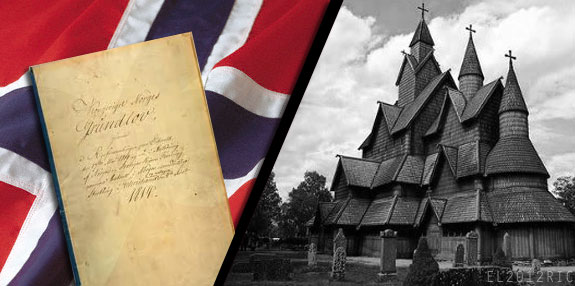
Since January 1st, the Lutheran Church in Norway is no longer a state church, and its 1,250 bishops and ministers are no longer being paid by public funds. Separation had already become a reality in neighboring Sweden in 2000. According to French historian and sociologist Philippe Portier, interviewed by Bernadette Sauvaget in the French daily Libération (Feb. 13), the disappearance of state churches is a sign of deeper changes in the management of religious pluralism across Europe, driven both by the presence of growing Muslim communities and by the increasing percentage of unaffiliated Europeans since the 1970s. While the trend is a general one, there are variations in practical implementation from one country to another. In Denmark, the links between the Lutheran Church and the state persist, but advantages have been given to other religious groups (e.g. Muslims, Jews, and Roman Catholics), such as subsidies for their social work as well as the recognition of the civil roles of their religious weddings. Portier observes that state church systems in countries in the northern part of Europe have managed to persist longer due to the fact that those churches have mostly gone along with the secularization of society rather than opposed it.
Authorities in Scandinavian countries admit that the influence of the decisions made by the European Court of Human Rights (ECHR), which are binding for them, have also played a role in those developments. While the ECHR has no religious policy of its own and thus does not oppose a state church system, it does emphasize the need for the state not to discriminate between its citizens. Portier has recently published a book titled L’État et les religions en France (Presses Universitaires de Rennes, 2016), presented as an “historical sociology of laïcité” (i.e. the French form of secularism and state secularity). In that book he notes that affiliation has indeed undergone a strong decrease but that diffuse beliefs remain strong. Moreover, in French secular society, interactions between the state and religious groups have actually increased, both as new forms of recognition (e.g. state support for establishing a representative body for Muslims in France) and surveillance or control (regarding “cults” and radical Islam). While national histories in respect to relations with religious groups have been quite different across European countries, they tend to be converging more recently, especially in relation to challenges presented by the Muslim presence, Portier concludes.
(Libération, http://www.liberation.fr/debats/2017/02/13/philippe-portier-en-europe-du-nord-les-eglises-protestantes-ont-accompagne-la-modernisation-et-la-pl_1548237)